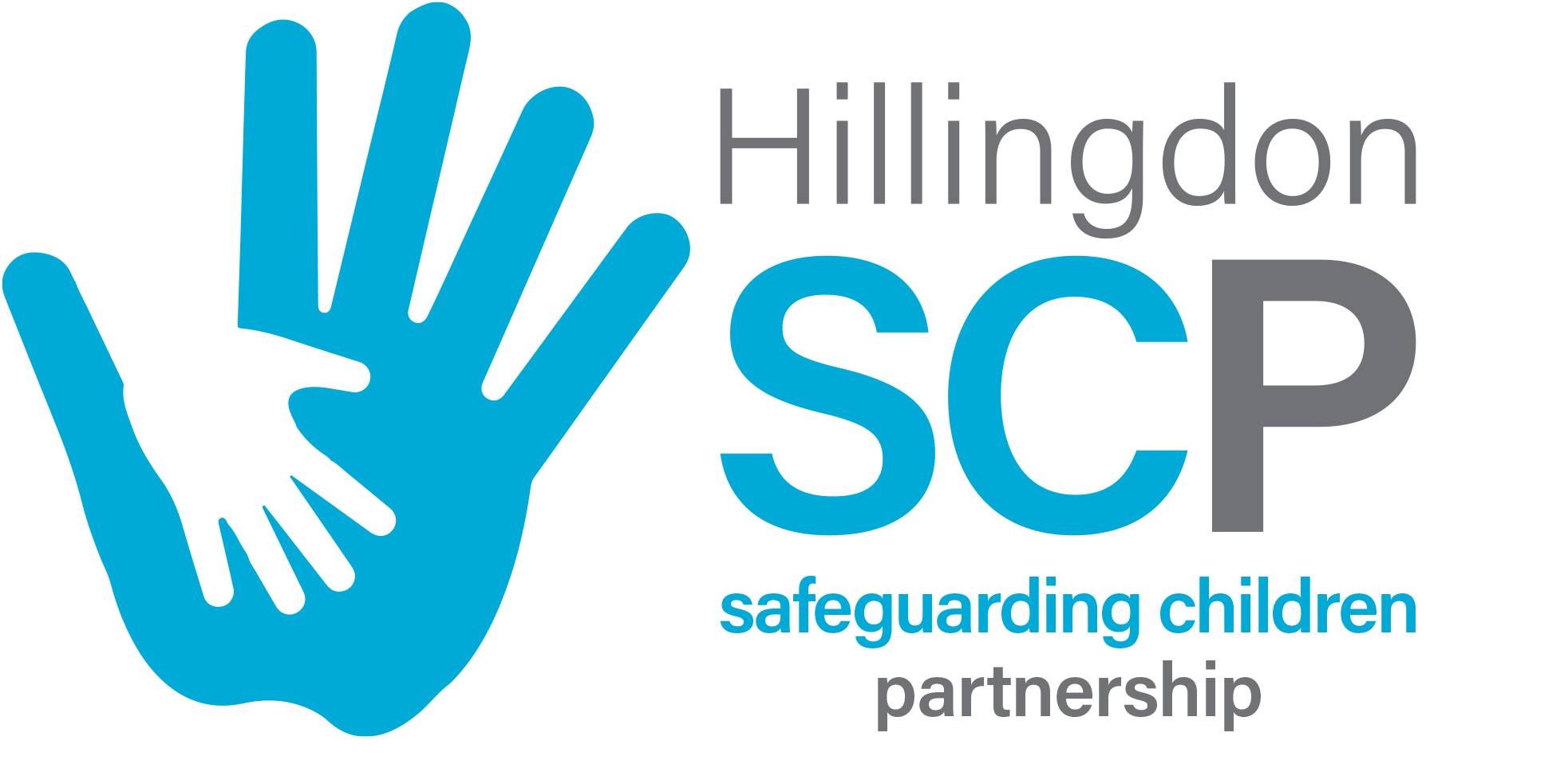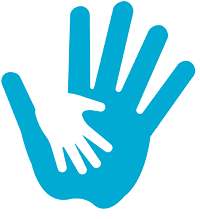
To make a referral for early help or social work support for a child in Hillingdon please contact the stronger families hub 01895 556 006

To make a referral for early help or social work support for a child in Hillingdon please contact the stronger families hub 01895 556 006
The Working Together 2018 definition of sexual abuse is “…forcing or enticing a child or young person to take part in sexual activities, not necessarily involving a high level of violence, whether or not the child is aware of what is happening.
The activities may involve physical contact, including assault by penetration (for example, rape or oral sex) or non-penetrative acts such as masturbation, kissing, rubbing and touching outside of clothing.
They may also include non-contact activities, such as involving children in looking at, or in the production of, sexual images, watching sexual activities, encouraging children to behave in sexually inappropriate ways, or grooming a child in preparation for abuse [including via the internet]. Sexual abuse is not solely perpetrated by adult males. Women can also commit acts of sexual abuse, as can other children.”
Research findings evidence that the majority of CSA is hidden. The NSPCC reports that 1 in 20 children experience some form of child sexual abuse. Some children and young people may not understand that they are being sexually abused, whilst others may be too scared to tell anyone about what is happening to them. The majority of children are sexually abused by someone they know. Girls, boys and non-binary children, from 0-17 years old, regardless of sexuality, culture, religion, ethnicity or class can be victims of child sexual abuse. Children with disabilities are at an increased risk of being sexually abused.
Sexual abuse can have a long-term negative impact on a child’s wellbeing, development and mental health. These impacts may continue to be prevalent during adulthood. Sexual abuse is never the child’s fault. It is important to make sure the child or young person is aware that their experience of sexual abuse is not their fault, but that of the perpetrator of the abuse.
If you are worried about a child being at risk of sexual abuse, please use the Stronger Families Hub portal.
Sexual abuse can happen online. The NSPCC and the Internet Watch Foundation (IWF) have designed The Report Remove tool which can be used by any child to report a nude video or image of themselves that appears online.
In Hillingdon, Barnardo’s offer a trauma informed service for children, young people and their families where there are concerns around child sexual abuse, assault and exploitation, and harmful sexual behaviours. This service is called TIGER (Trauma Informed Growth and Empowered Recovery), which supports children and young people to understand and express their experiences and whilst coaching them to recovery through empathetic listening, emotional regulation, positive psychology and personal goal-setting.
Please visit the TIGER Service website for more information, including referral and contact details.
KISS is a safe and confidential service for young people (aged 13 to 19 year olds) to talk about relationships, peer pressure, safe sex and sexual transmitted infections.
Lucy Faithfull Foundation
If someone is concerned about their own sexual behaviour or feelings towards children or young people they can access support from the Lucy Faithfull Foundation.

To make a referral for early help or social work support for a child in Hillingdon please contact the stronger families hub 01895 556 006